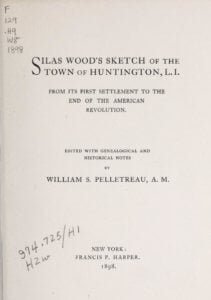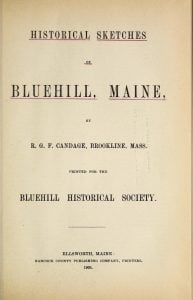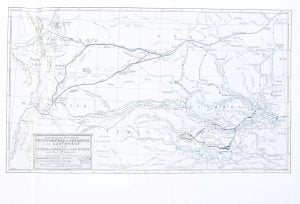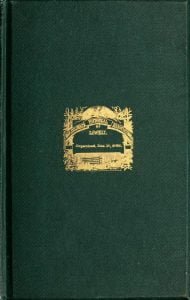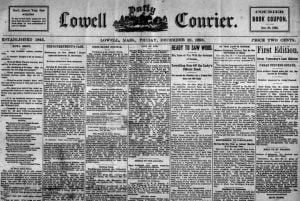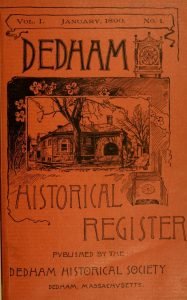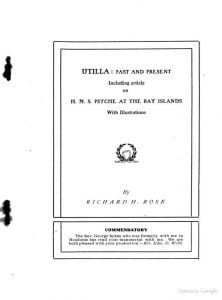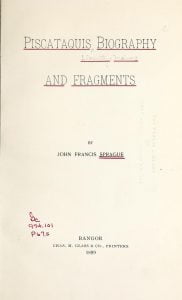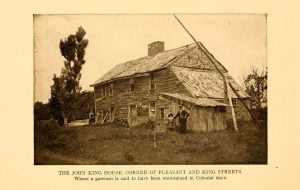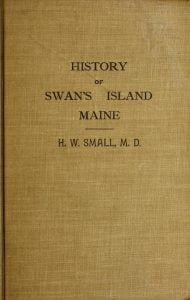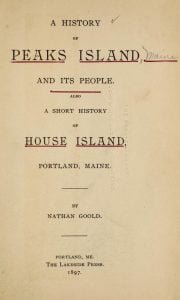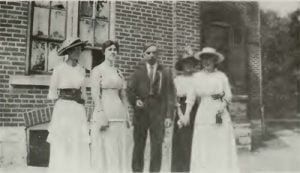Sketch of the Town of Huntington, Long Island
Silas Wood’s sketch of the town of Huntington, L.I. is a small manuscript of 63 pages which provides an authoritative look at the early history of Huntington New York, from its first settlement to the end of the American revolution. Particularly fascinating to our Native American researchers is the history of the early interaction with the Matinecoes, the Massapeags, and the Secataugs.

